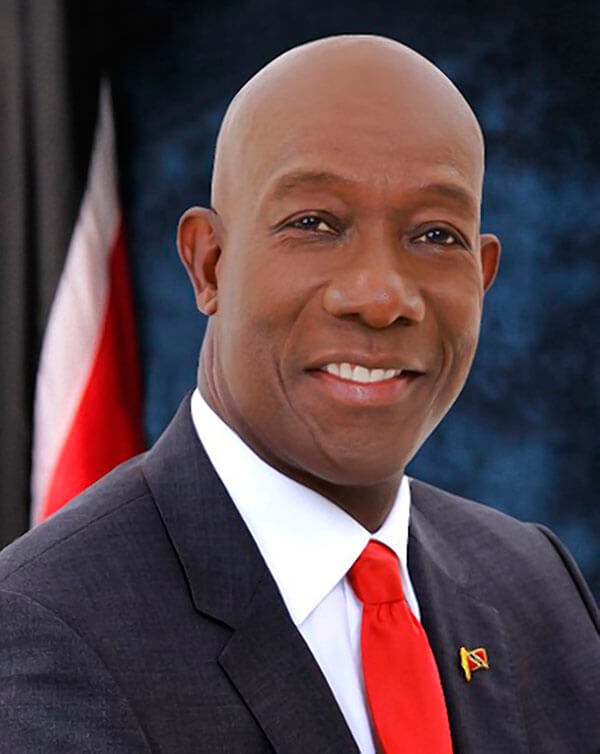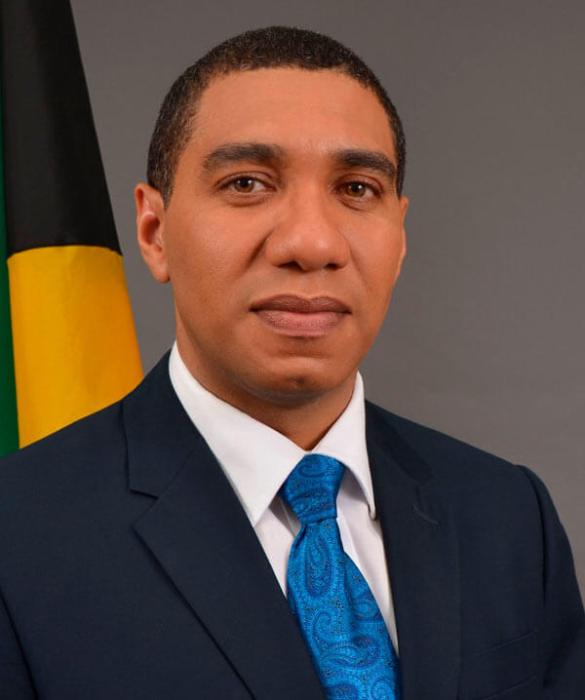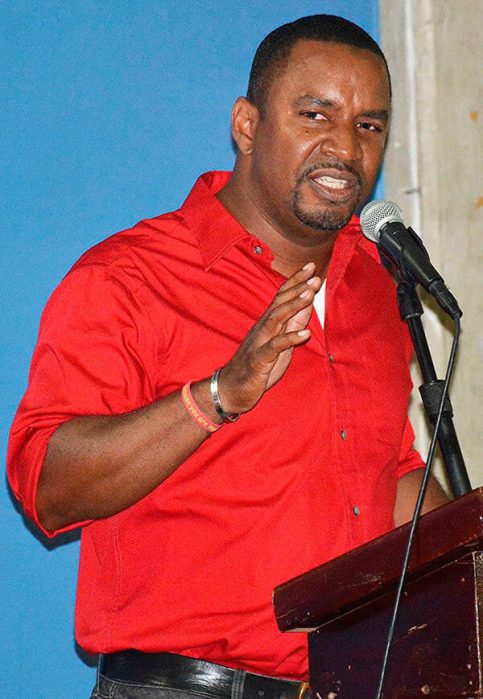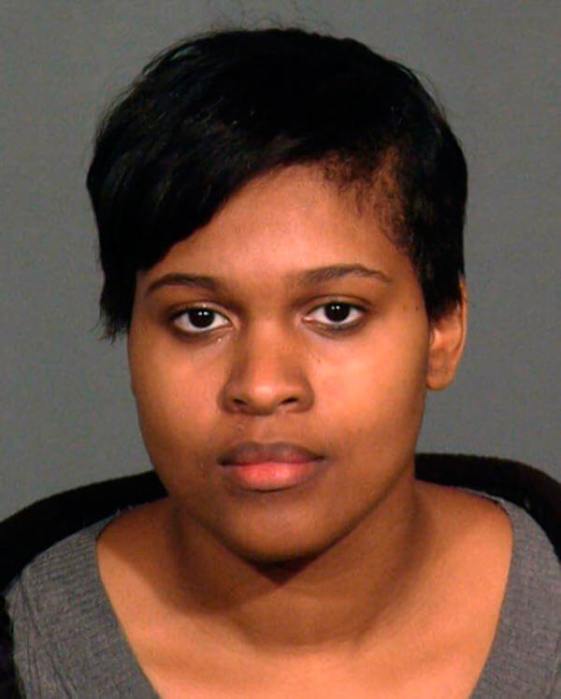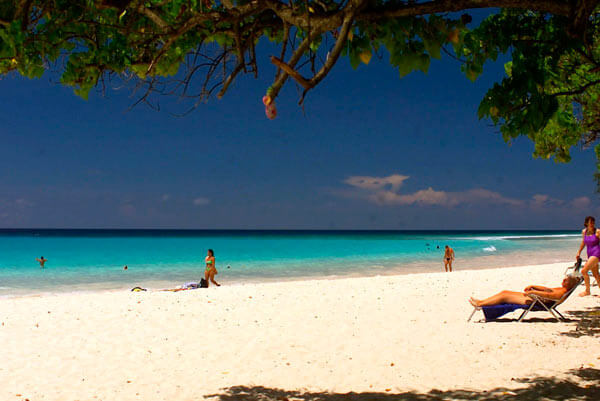Trinidad’s governing People’s National Movement (PNM) marked its first year in office on Wednesday with voters showing some tolerance for Prime Minister Keith Rowley personally but going hard on authorities for their inability to reduce a spiraling murder rate, improve the performance of the economy and reduce state corruption which was made an art form by the previous government.
Austerity spending worked to ensure that officials could not afford to organize any real form of celebrations observing 12 months in the hot seat as the murder rate edged towards 330 and remained on course to easily surpass 400 this year.
Two years ago, a Trinidadian was murdered every 36 hours but the rate has now been worsened to one per day, causing disquiet both among ordinary citizens and the business community.
Meanwhile, the leading Express Newspaper found in a poll it had commissioned that Rowley is enjoying a personal approval rating of about 51 percent which is about the same figure that his government had been elected by as it defeated the then ruling United National Congress (UNC). Locals are however far less enamored with the general government performance.
The UNC’s five years in office were plagued by widespread and credible allegations of corruption. The economy was undermined by very low international prices for oil and gas, the leading country export and foreign exchange earner.
The anniversary came a week after Rowley called in Opposition Leader Kamla Persad-Bissessar to an emergency meeting to discuss the murders, gangland violence, the prevalence of guns on the streets and joint collaboration to deal with this issue.
Moving to reduce the potential impact of any political boasting and bragging about the first year, Persad-Bissessar organized her own political rally on Monday night to say that Rowley had no choice but to meet with her delegation to seek the party’s help in reducing crime. She also questioned the accuracy of statistics as published by local police.
“I call upon the minister of national security and the commissioner of police to level with the country as to whether they are covering up and under-reporting the number of murders in Trinidad and Tobago. I think it is important for us to be mindful of where we are today after just one year of the government. When I read these names, I am doing it for a reason, because when you speak of murder and the murder rate so high, people become so numb, because it is something distant,” she said.
For his part, the prime minister said that he is well aware of the mood of the population and the anxieties of locals as crime spirals out of control as officials battle to improve the economy and reduce corruption and nepotism.
“We must never place ourselves in such a situation again because it is immoral to hold the people hostage to any government’s wanton profligacy,” he told the Express, noting that he had inherited an under performing economy.
The administration has in the past year seen the rate of exchange for the Trinidadian dollar depreciate to almost TT7—US-1 officially and even lower in the parallel economy and at some exchange cambios.
Former City Mayor Louis Lee Sing, for example, has given the administration a failing grade after 12 months in office, rating them as a mere four out of a maximum 10.
Like many, he complains about crime not being reduced and the seeming inability of Security Minister Ed Dillon, a retired army general, to come to grips with the situation.
“To me, Dillon has not come to grips with the difference between running a controlled environment and running an environment where everything is out of control. They have to understand that the buck stops with them. They have to find ways and means to get the job done,” the Guardian reported him as saying.
The paper’s own online poll had suggested that 66 percent of those polled “were very dissatisfied” with the performance of the administration, the economy and crime in particular.


